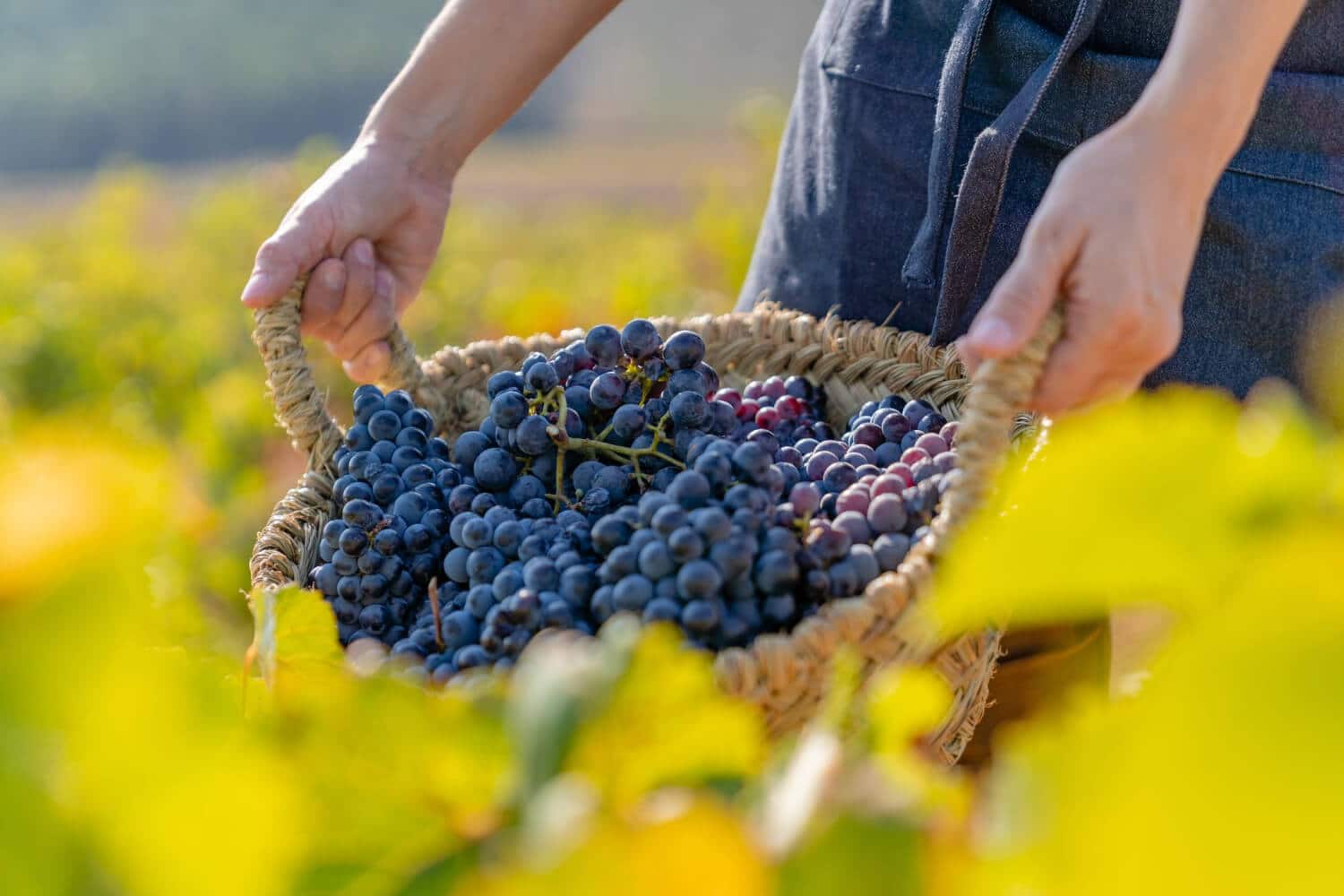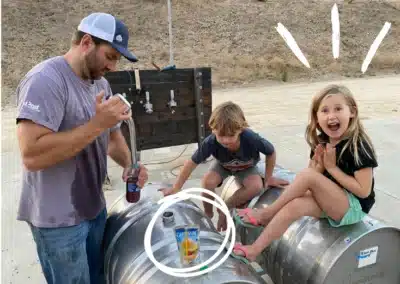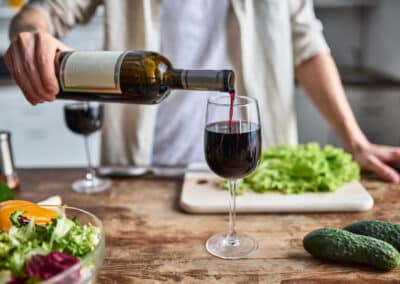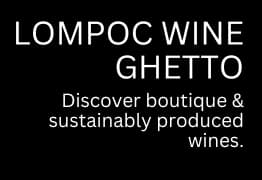Dry farming, an age-old practice in viticulture, is making a resurgence in the current wine industry. Dry farming involves cultivating grapevines without supplemental irrigation, relying solely on natural rainfall and existing ground water. This results in more robust, deeply-rooted vines that yield intensely flavored grapes. It also results in near-to-none water usage for growth, which is ideal since many winegrowing regions are in what feels like a forever drought (here’s to looking at your California).
Dating back to ancient ag practices, dry farming has been an established and commonly used form of farming. Vineyards practicing dry farming don’t abstain from water altogether; they allow nature to dictate the watering schedule. This method is environmentally responsible and can produce grapes with greater character and complexity.
Source: Ask Dr. Vinny, Wine Spectator [1]
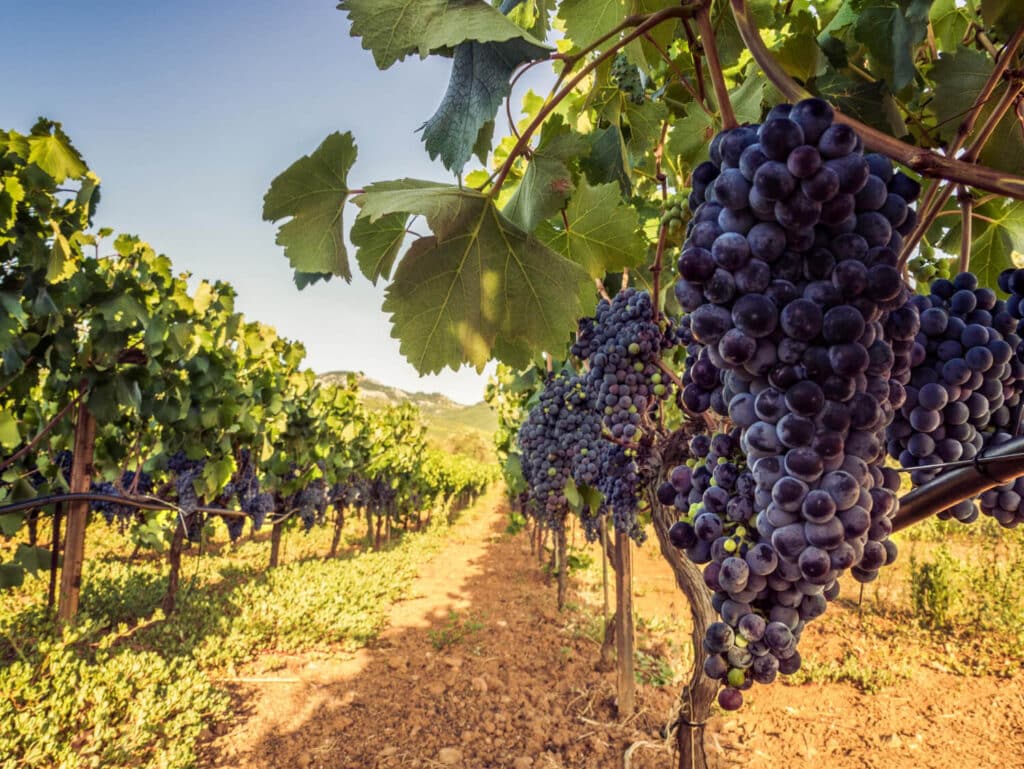
Aside from the clear benefit of using less of a precious resource, there are other benefits to dry farming.
Natural Vine Resilience
Dry farming encourages vines to develop deeper roots, making them more self-sufficient. This natural adaptation enhances their resistance to diseases and drought.
Intensified Flavor Profiles
Grapes grown through dry farming tend to have more concentrated flavors. The stress placed on the vines prompts them to focus on producing smaller, more flavorful berries.
Environmental Sustainability
By eliminating or significantly reducing the need for irrigation, dry farming conserves water resources, making it a sustainable choice for vineyard management.
Soil Health
Dry farming promotes healthier soil by encouraging roots to grow deeper in search of water and nutrients. This can lead to more fertile and structurally sound soil.
Source: Arrowood Vineyards, Wine Enthusiast [2]
While dry farming has obvious benefits, there’s challenges that are encountered, such as the need for precise monitoring of vine health and water needs. Tech advancements like sap flow sensors and precision farming techniques help vineyard managers make informed decisions about when and how much to irrigate.
Source: Fruition Sciences, Wine Spectator [3]
Dry farming isn’t a new hipster age phenomenon, it has deep roots in the history of winemaking. Many early vineyards, especially those with limited resources, relied on dry farming as the primary method of cultivation. Today, less than 10% of vineyards continue this tradition, as modern techniques often lean towards irrigation, which provides a more controlled outcome.
Source: Frog’s Leap Winery, Wine Spectator [3]
Dry farming is practiced in various wine regions globally, including California, Chile, and parts of Europe. Vintners in these areas attest to the benefits of dry farming, including improved grape quality, sustainability, and a deeper connection to terroir.
Source: Various vintners’ statements [3]
Dry farming offers a sustainable and ecologically responsible approach to viticulture. By allowing vines to thrive in their natural state, winemakers are not only producing exceptional grapes but also contributing to a more environmentally conscious industry. While climate concerns continue to grow, the resurgence of dry farming will prove to be a crucial step towards a more sustainable future for wine production.
Sources:
“What does it mean if a vineyard is ‘dry farmed’?” – Wine Spectator
“DRY FARMING IS GOOD FOR THE EARTH & GOOD FOR WINE” – Arrowood Vineyards
Various vintners’ statements from Wine Spectator articles [Link]
